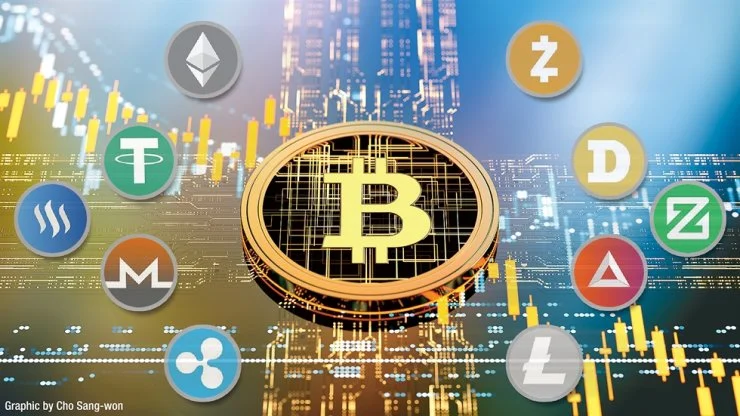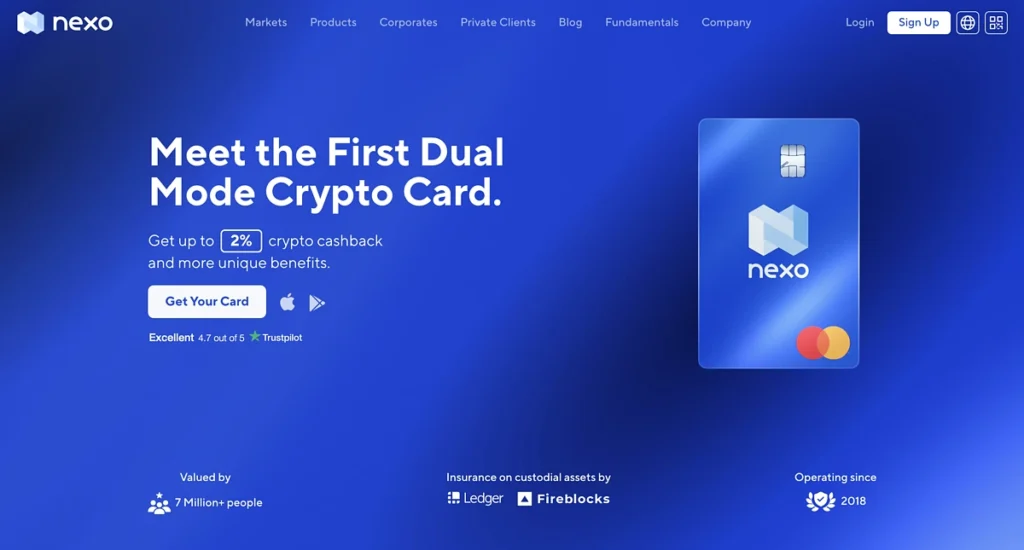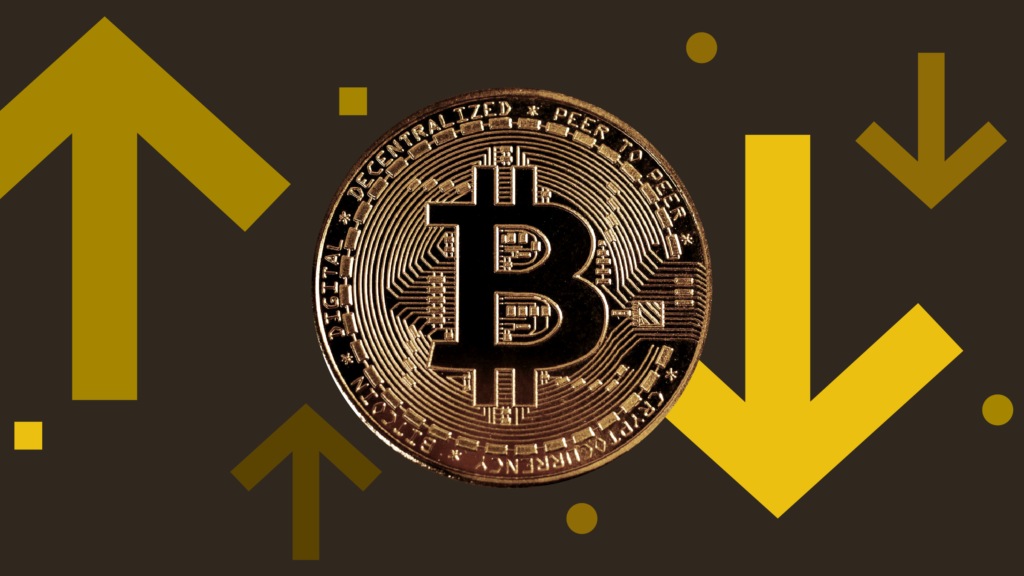Remember when crypto was just for internet nerds mining Bitcoin in their basements? Yeah, those days are long gone. Fast forward to today, and you can walk into a café, swipe a sleek-looking card, and—boom—your latte is paid for with crypto. That’s the magic of crypto credit card payment. But is it really that easy? Or are there some strings (and fees) attached? Let’s unpack it.

What Is a Crypto Credit Card Payment, Anyway?

So first, let’s clear the air. A crypto credit card payment isn’t magic—it’s more like a well-timed juggling act.
When you swipe the card, you’re not handing over actual Bitcoin to the barista. What’s happening in the background is this: your crypto is instantly sold off, converted into regular fiat (like USD or EUR), and then used to pay the merchant. Platforms like Crypto.com, Coinbase, and Binance have turned this whole process into a near-instant transaction.
Pretty slick, right? The barista never knows your payment came from a Dogecoin wallet.
Swipe Your Crypto: What’s Really Going On

Behind that casual card swipe, here’s what happens:
- You tap or insert the card like normal.
- The issuer (say, Crypto.com) sells just enough of your crypto to cover the bill.
- The equivalent fiat is sent to the merchant’s bank.
And just like that, your Bitcoin buys you a muffin. Some cards even reward you with crypto cashback, which is arguably cooler than airline miles—unless you really like legroom.
Crypto Credit Card Payment: Why People Love It
Let’s be honest: using crypto like cash feels cool. But beyond the novelty, there are some actual perks:
- Use your stablecoins: Got USDT, USDC, or DAI? Some cards let you spend them directly.
- Travel-friendly: Some cards automatically convert to local currency, avoiding nasty forex fees.
- Real rewards: Crypto cashback (1–5%) means your groceries might literally pay you back in ETH or BTC.
- Seamless experience: No explaining blockchain to your waiter. It just works.
For anyone who’s sat on a crypto pile through multiple bull runs, this feels like the logical next step. Why just HODL when you can HODL and latte?
But Yeah… It’s Not All Rainbows
Of course, there’s a catch or two—or three:

- Taxes: In many countries, each crypto transaction is a taxable event. Yes, even that $4.95 sandwich.
- Fees: Some cards charge a monthly fee, or tack on conversion fees. Read the fine print.
- Volatility: That Bitcoin you used for lunch? Might be worth double (or half) tomorrow.
- Limited acceptance: While most work wherever Visa or Mastercard is accepted, availability still depends on region and regulations.
Plus, if you’re someone who likes to forget about your crypto until it moons, using it daily might not be your jam.
Who’s Offering These Crypto Cards?

A few names dominate the current market:
- Crypto.com Visa Card – Probably the most recognizable, offering tiered benefits based on CRO staking.
- Coinbase Card – Syncs directly with your Coinbase wallet. Real-time conversion and spending alerts.
- Binance Card – Popular in Europe. Great if you’re already holding BNB or stablecoins.
More options are popping up all the time—but not all are trustworthy. If it sounds too good to be true (like 10% cashback and no fees), it probably is. Do your homework before signing up.
Crypto Credit Card Payment: Flashy Fad or the Future?
Let’s be real—maybe it’s not for everyone. Some folks are happy just holding crypto as a long-term investment. But for others? The idea of tapping your card and spending ETH like it’s dollars? That’s exciting.
And we’re not talking about some weird crypto vending machine on a college campus. These are mainstream, usable, and supported by major networks.
In short, crypto credit card payment isn’t just a buzzword anymore. It’s working. It’s real. And it’s growing.
Final Thoughts: Crypto Credit Card Payment in Real Life
So… can you really swipe a card and spend your crypto? Absolutely. Is it a smooth, everyday experience yet? For many users—yes. But remember, behind that swipe are taxes, volatility, and fees you’ll want to understand.
Still, it’s kind of wild that your blockchain balance can now buy groceries or pay for a flight. We might not be in a full-on crypto utopia just yet, but this? This feels like a solid step toward it.
Just maybe don’t try to pay your rent in Dogecoin—yet.
Relevant News : Here




